The sudden demise of the Dyson electric car project last October was one of the most shocking events of postwar British car history – because it was so unexpected. Backed by £2.5 billion of personal investment from Britain’s richest man, Sir James Dyson, the all-electric seven-seat luxury car had seemed set for the same shining future as most of Dyson’s previous projects.
But in an email announcing the project’s closure, sent to employees on 11 October last year, the inventor revealed that “we simply can no longer see a way to make the project commercially viable”.
The nub of the problem, he claimed, was that most current electric cars were loss makers whose manufacturers were using them as a way of lowering fleet average CO2 so they could continue selling conventional cars profitably. They were serious about their electric cars for the long term but for now profits were not the priority. These cheap EVs would price the £150,000 Dyson electric car out of the market in its critical launch years, Dyson explained, and he could see no way around it. So he took a fateful decision that “tore all our hearts out” but protected the rest of the Dyson business.
FULL STORY IN THIS WEEK'S AUTOCAR, ON SALE NOW
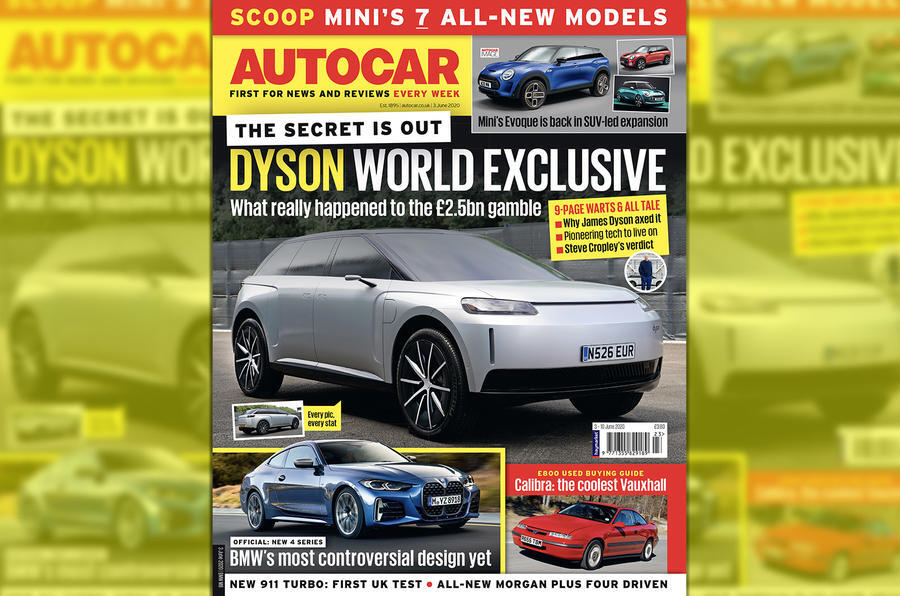
At the time, precious little was known about the Dyson EV outside the company: no details on size, powertrain, running gear and mechanical layout apart from some loose descriptions of a “possible” concept issued about six months before the demise, apparently to support patent applications.
However, Autocar recently obtained exclusive access to the car’s prototypes and creators at Dyson’s R&D base in Hullavington, Wiltshire, talking remotely to Sir James Dyson and to the company’s vice-president of automotive, Ian Minards, who as a long-serving former chief engineer at Aston Martin brought vital car-building expertise to Dyson when he joined in 2016. Another important source was Ian Robertson, a Dyson director who until mid-2018 was a main board member at BMW and an important supporter of BMW’s i electric car programme.
The Dyson car we saw turned out to be remarkably true to the patent illustrations: a large, seven-seat ‘crossover’ style, exactly five metres in length, with short front and rear overhangs and unusually generous ground clearance, riding on convention-busting 24in wheels and relatively high-profile tyres giving a wheel/tyre diameter approaching a metre. Despite the car’s size, and the fact it delivered the ‘command’ driving position that was one of Dyson’s first requirements, it was much lower (at 1690mm tall) than a Range Rover. It looked radical, but it also looked ‘right’. Most outstanding of all its specifications was a mighty, 150kWh lithium ion underfloor battery pack taking up most of the 3275mm wheelbase and giving a 600-mile battery range, Dyson’s unbeatable answer to range anxiety.

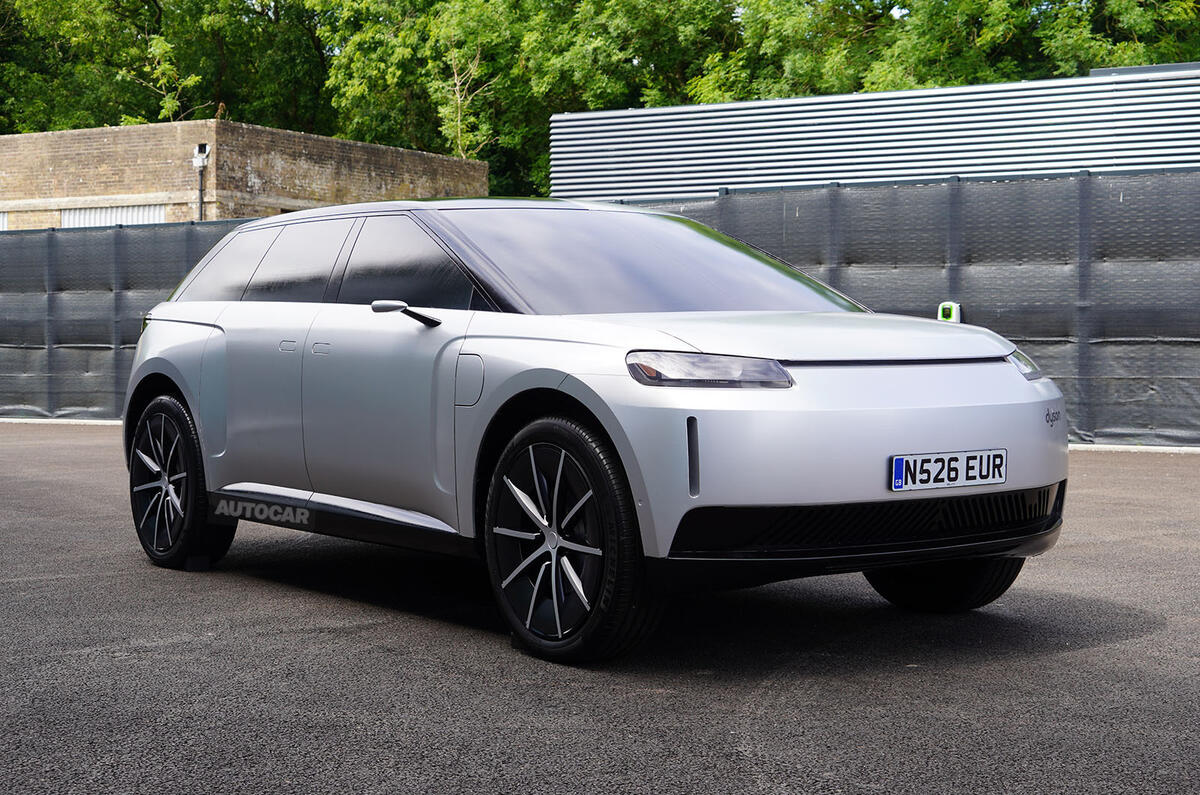
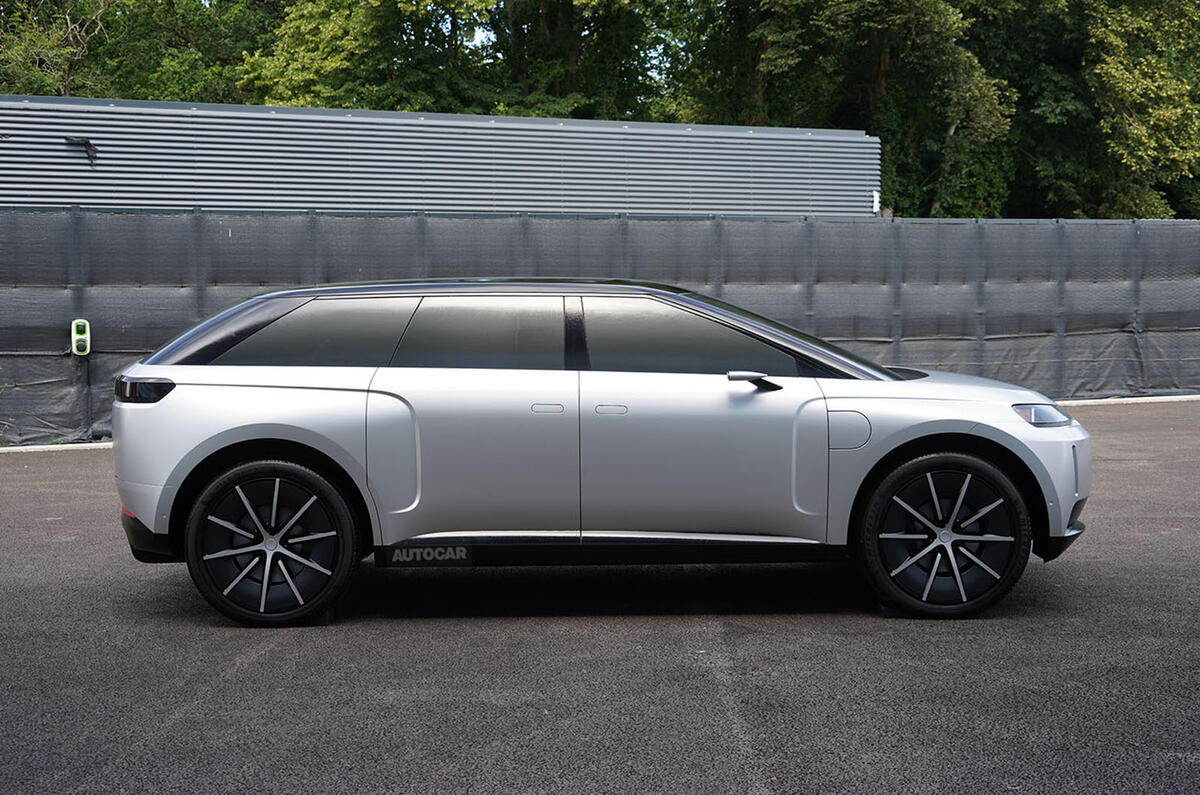
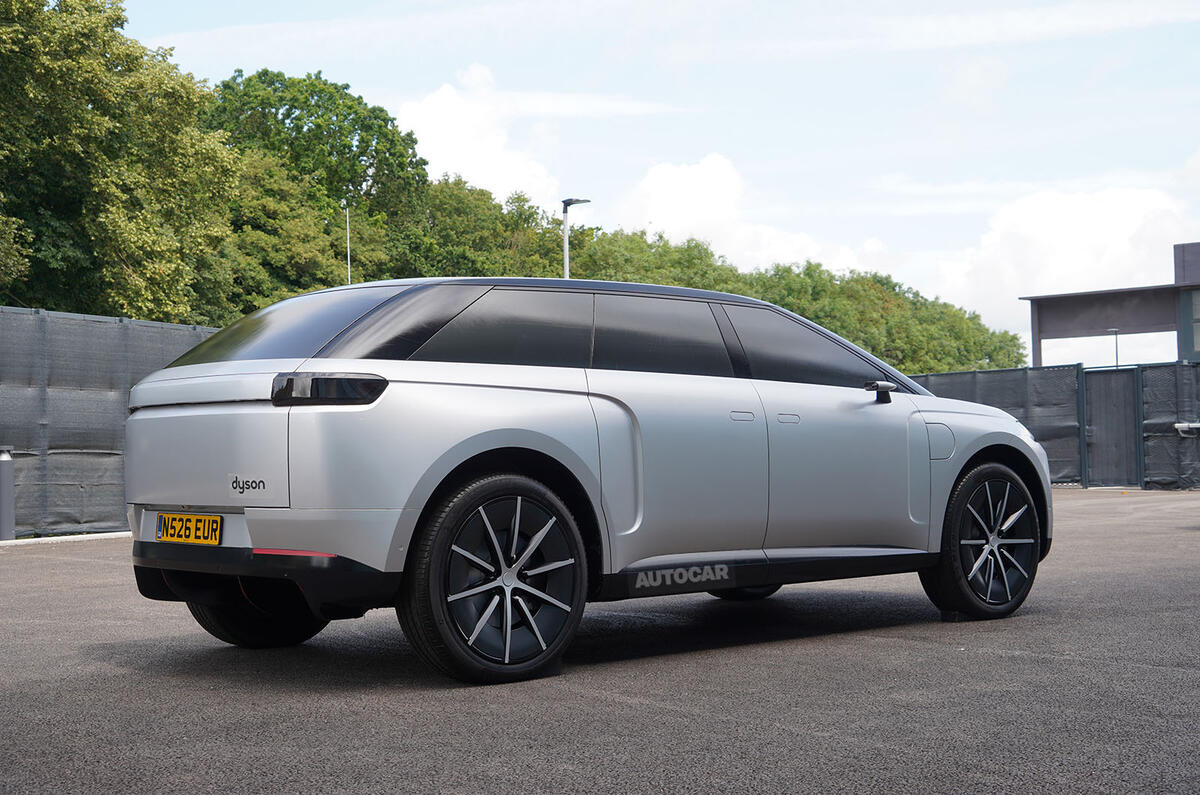
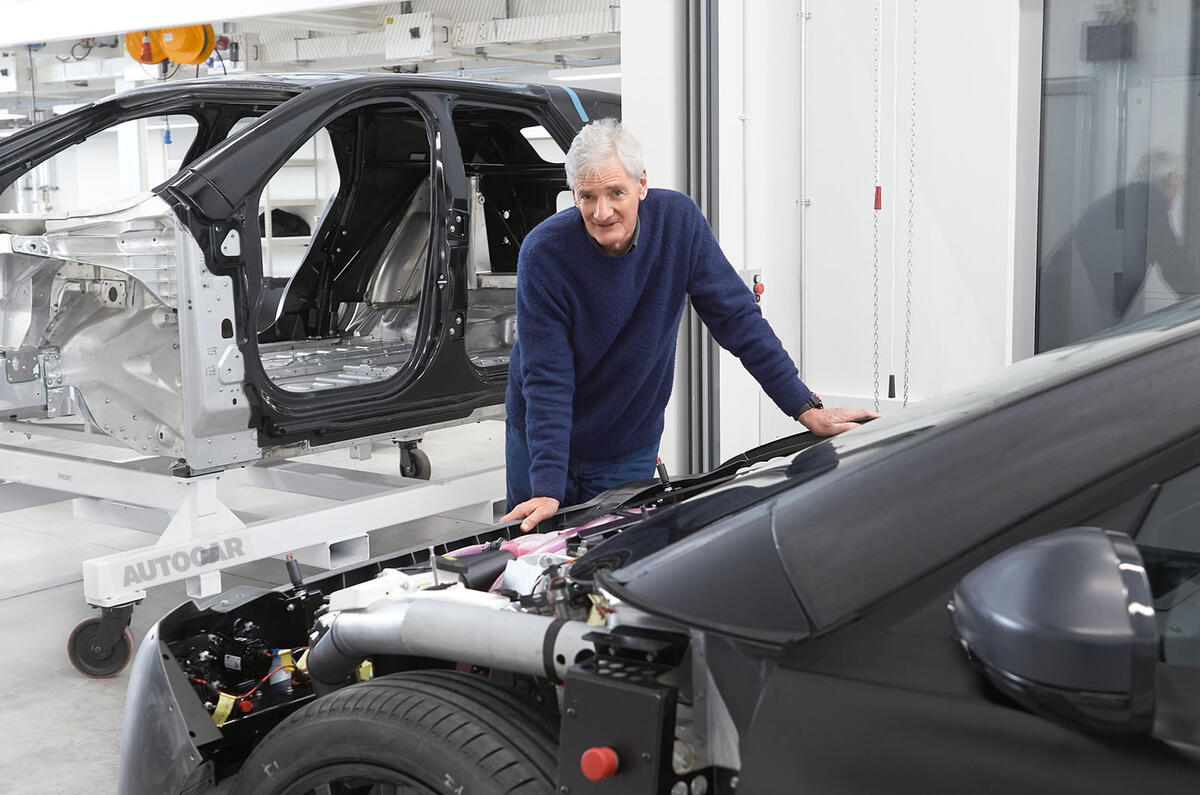
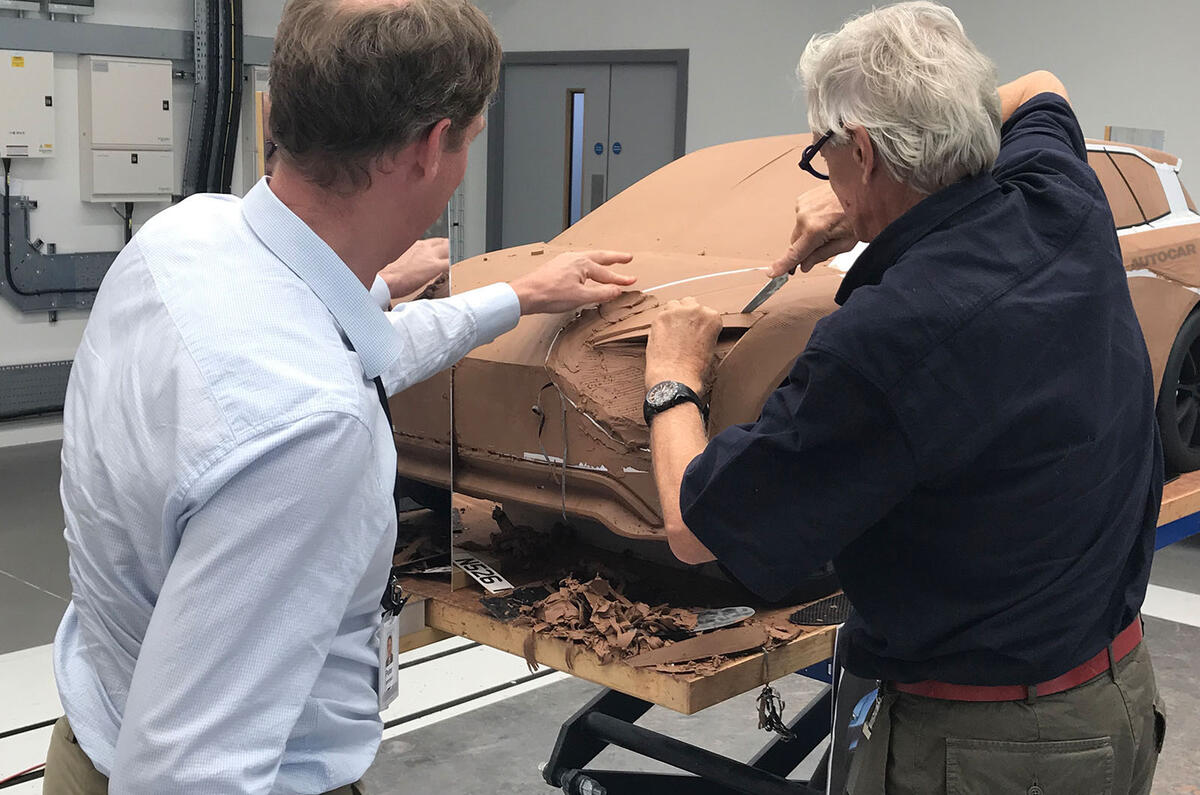
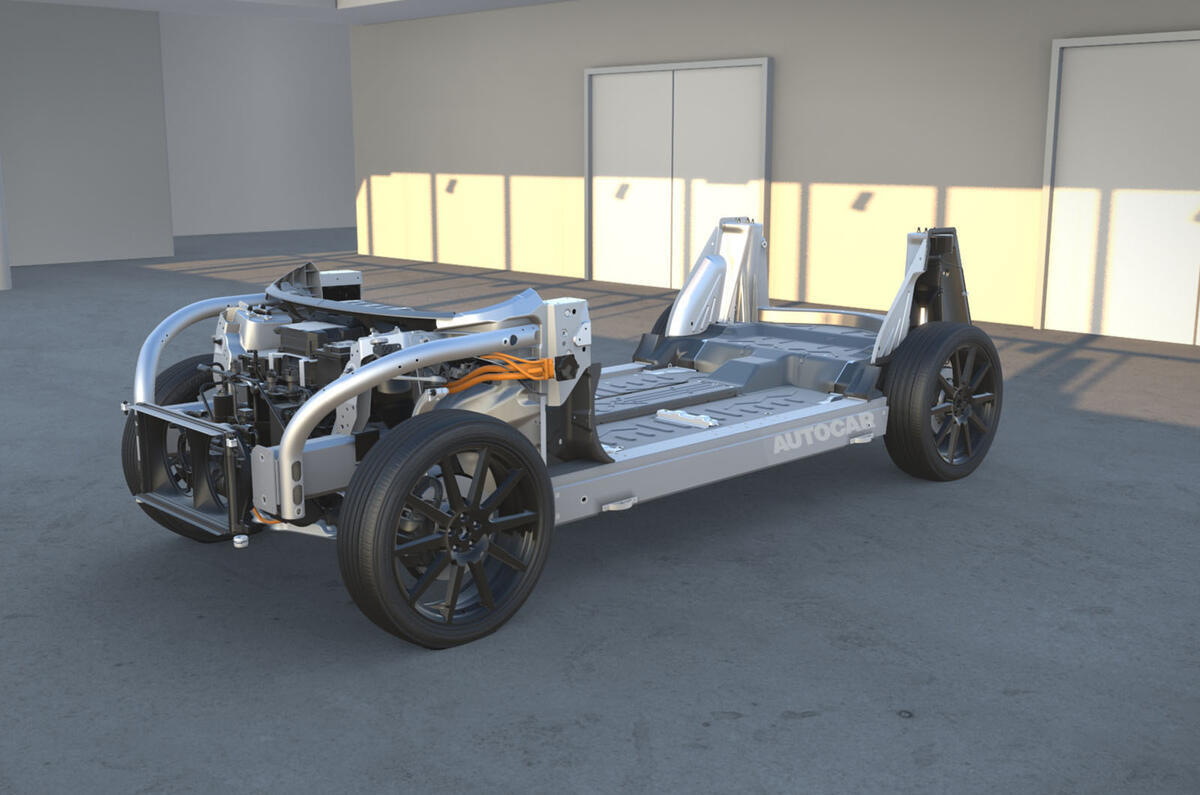
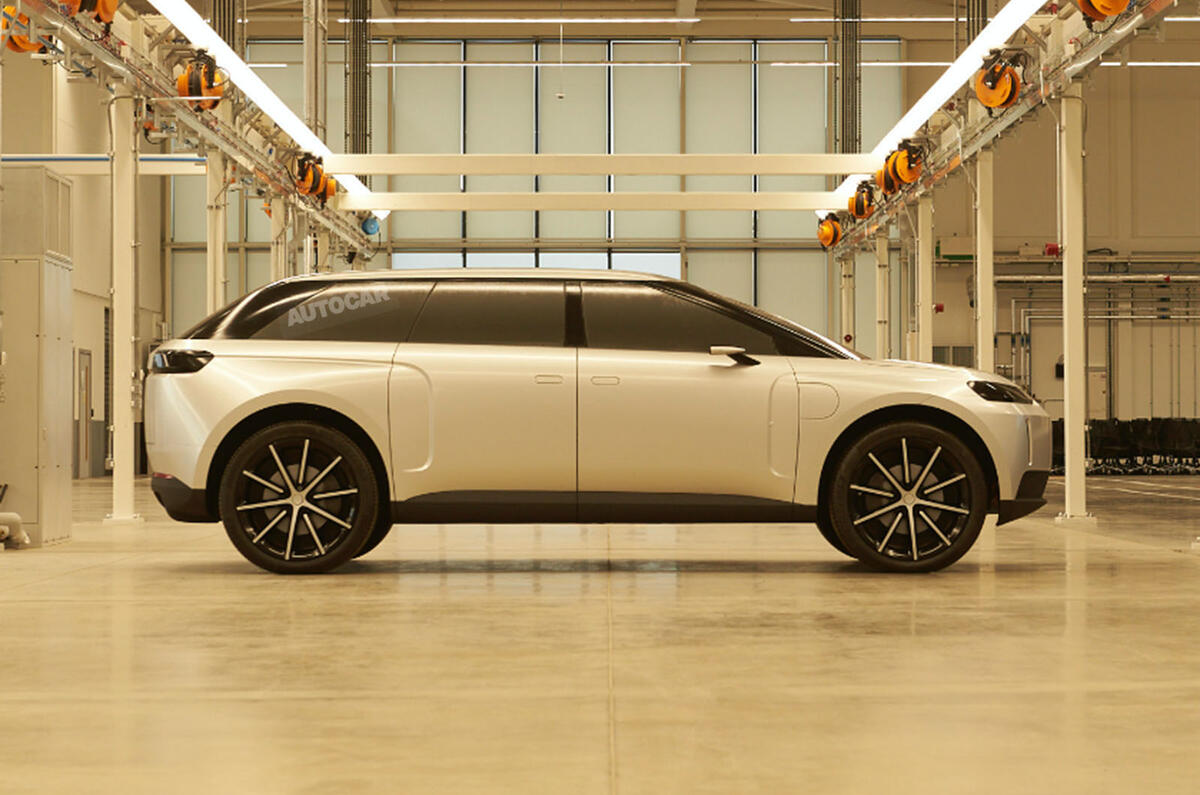
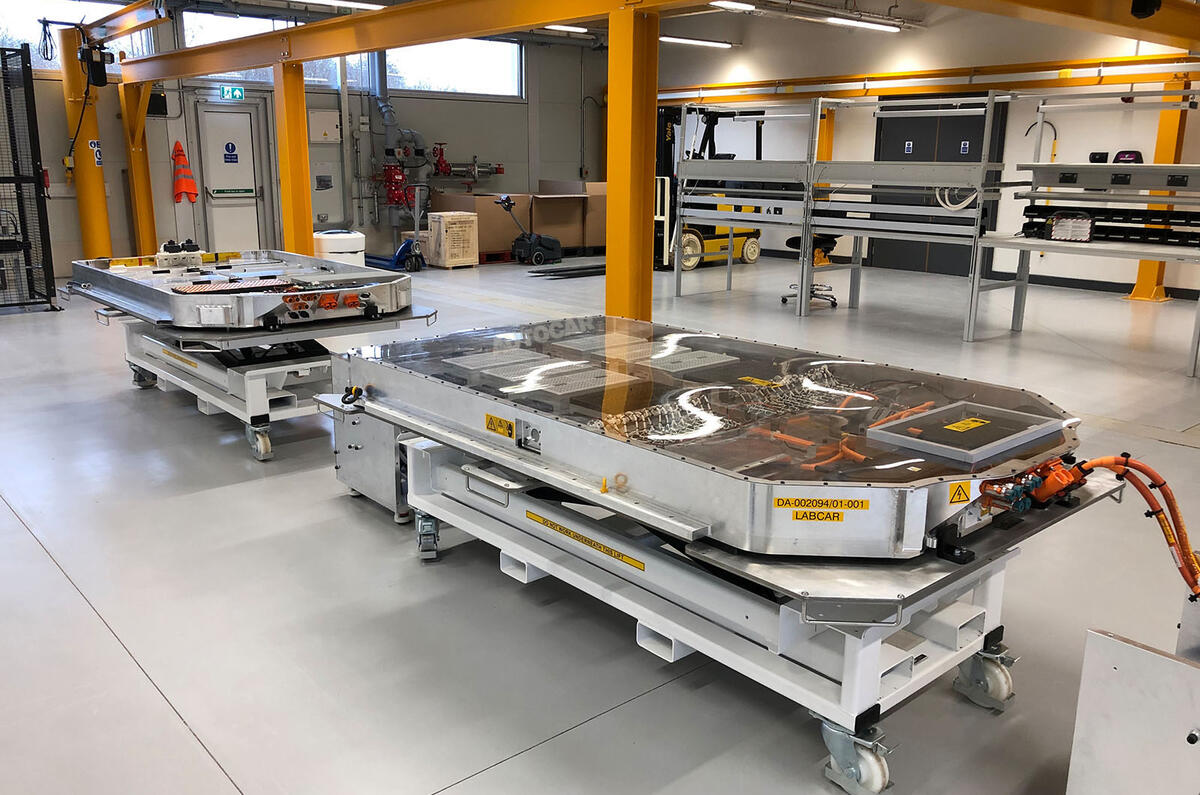
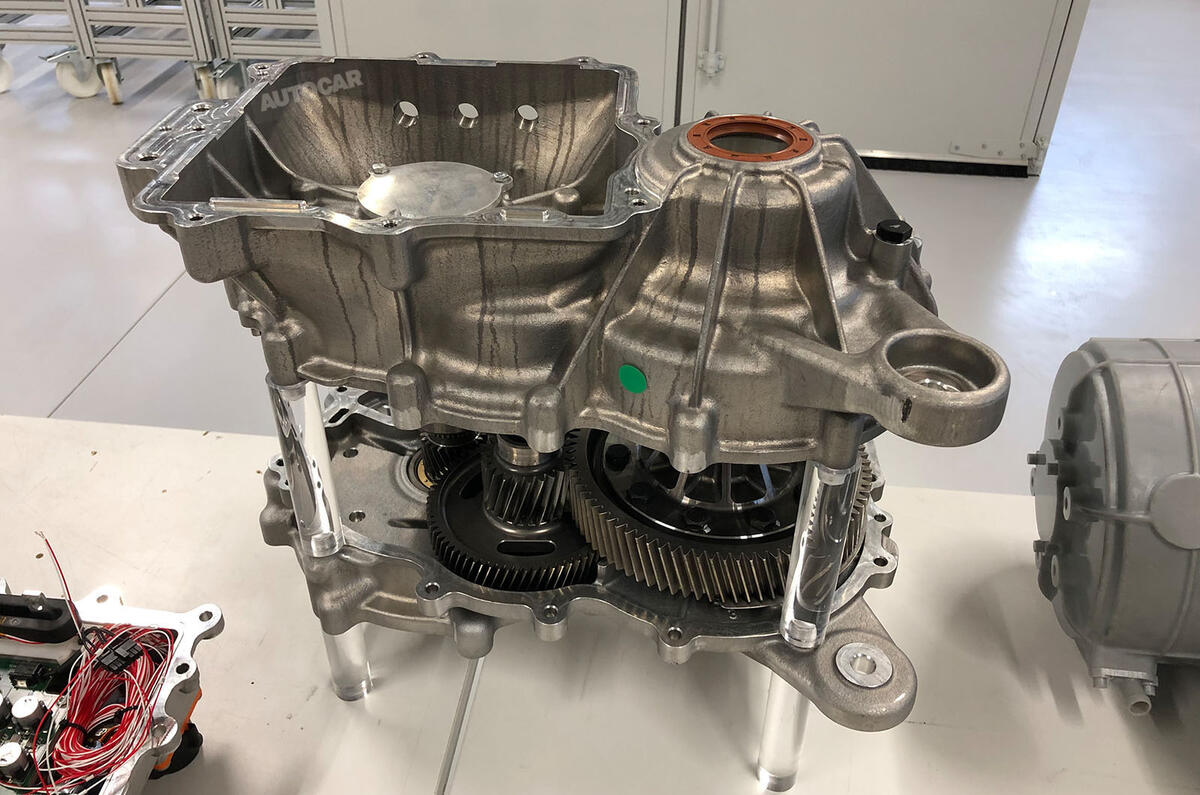
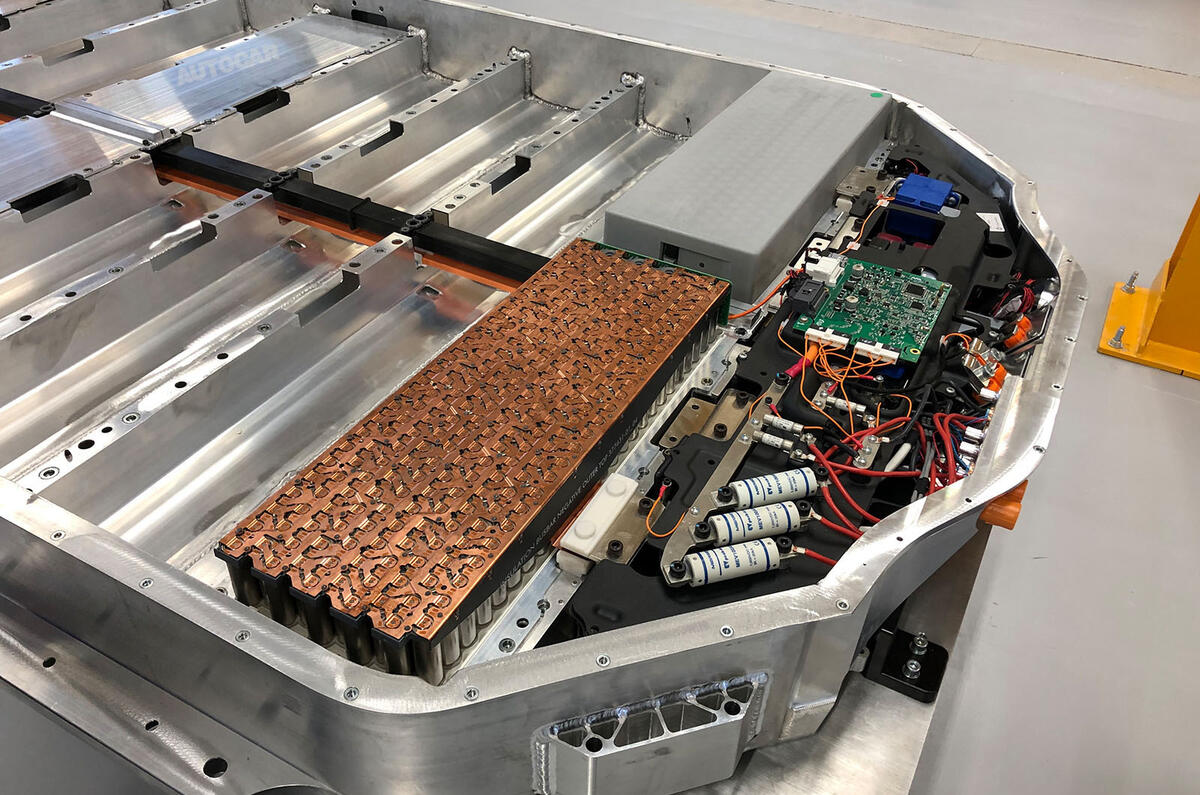
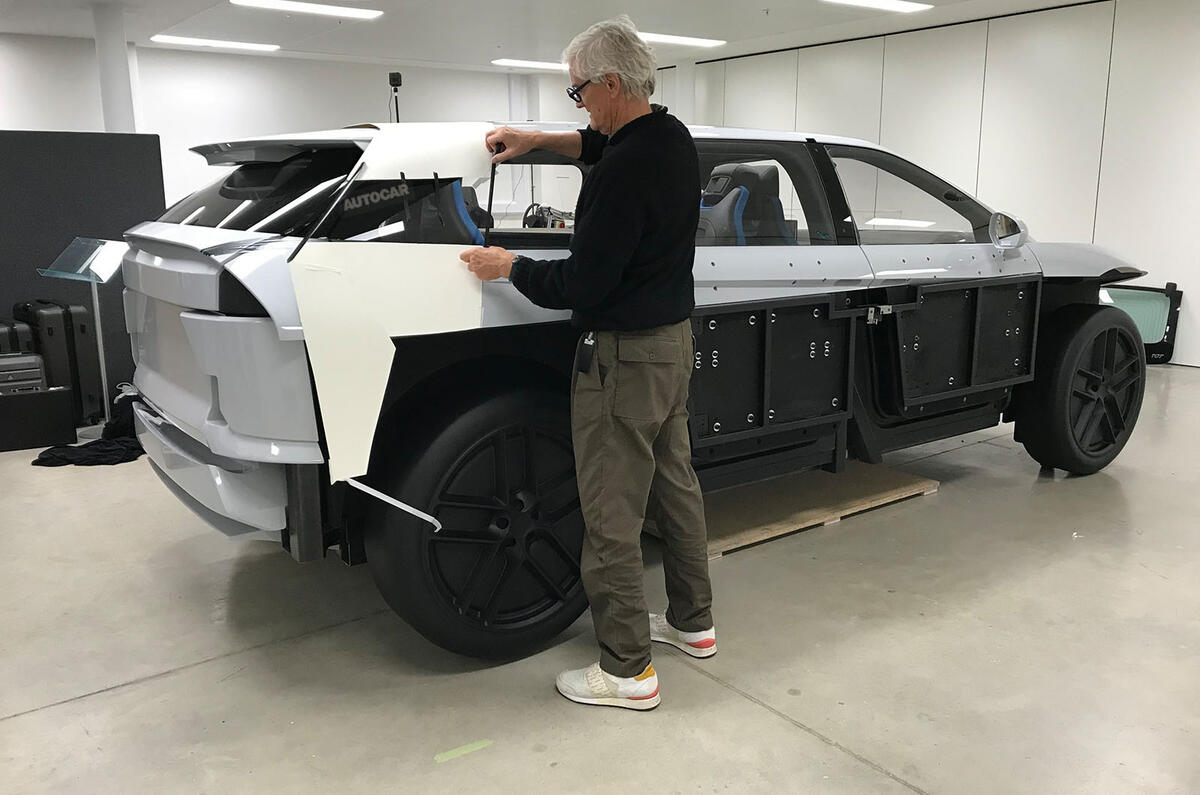
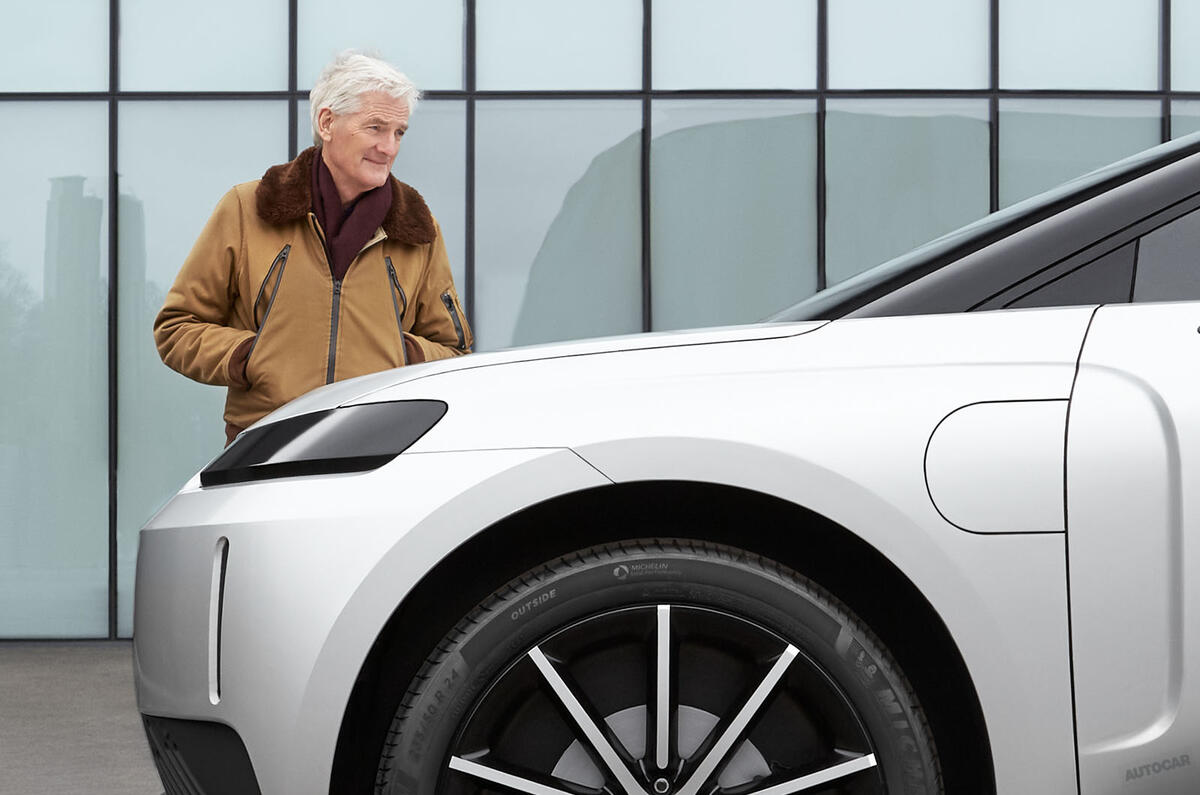
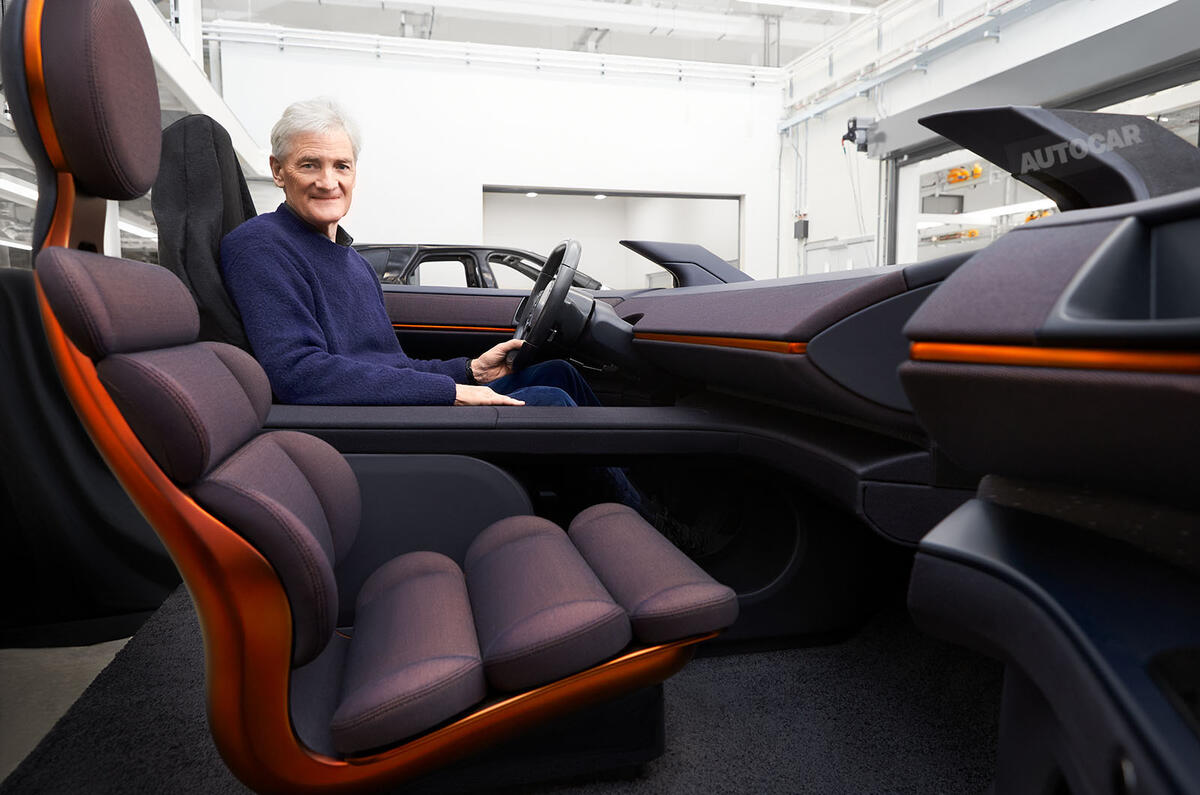
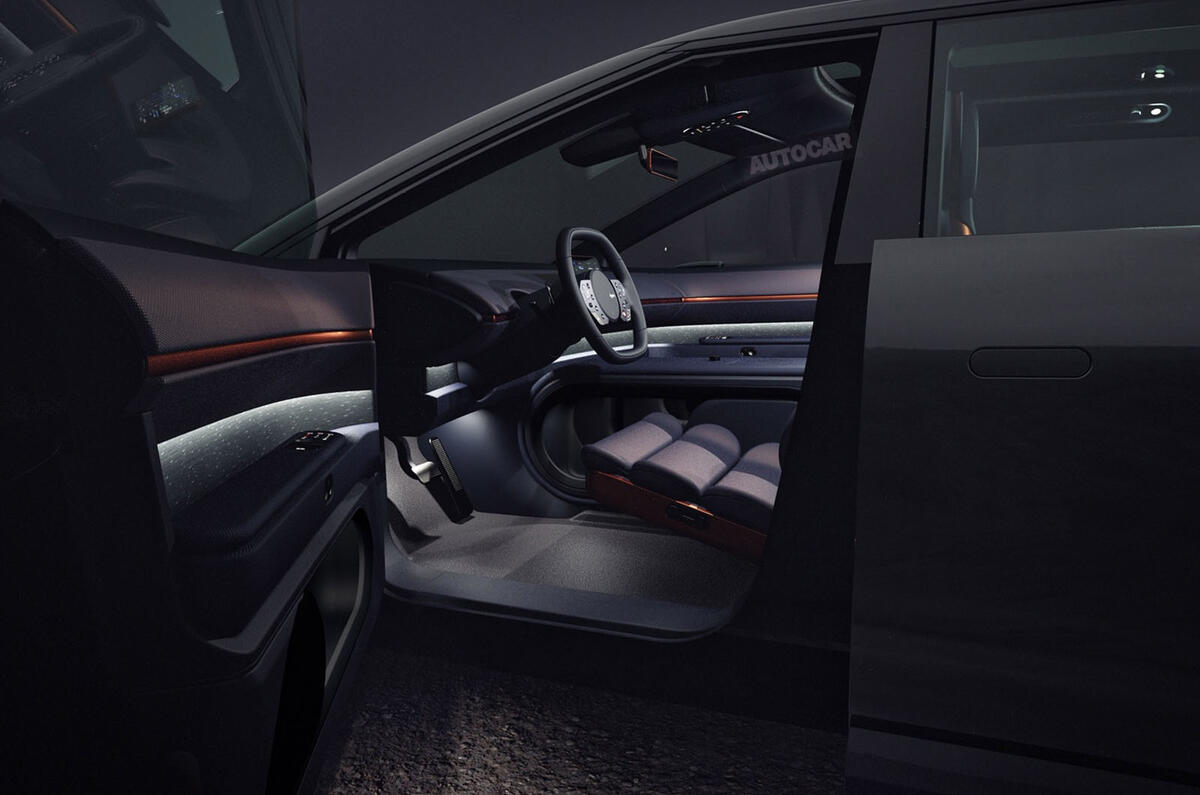
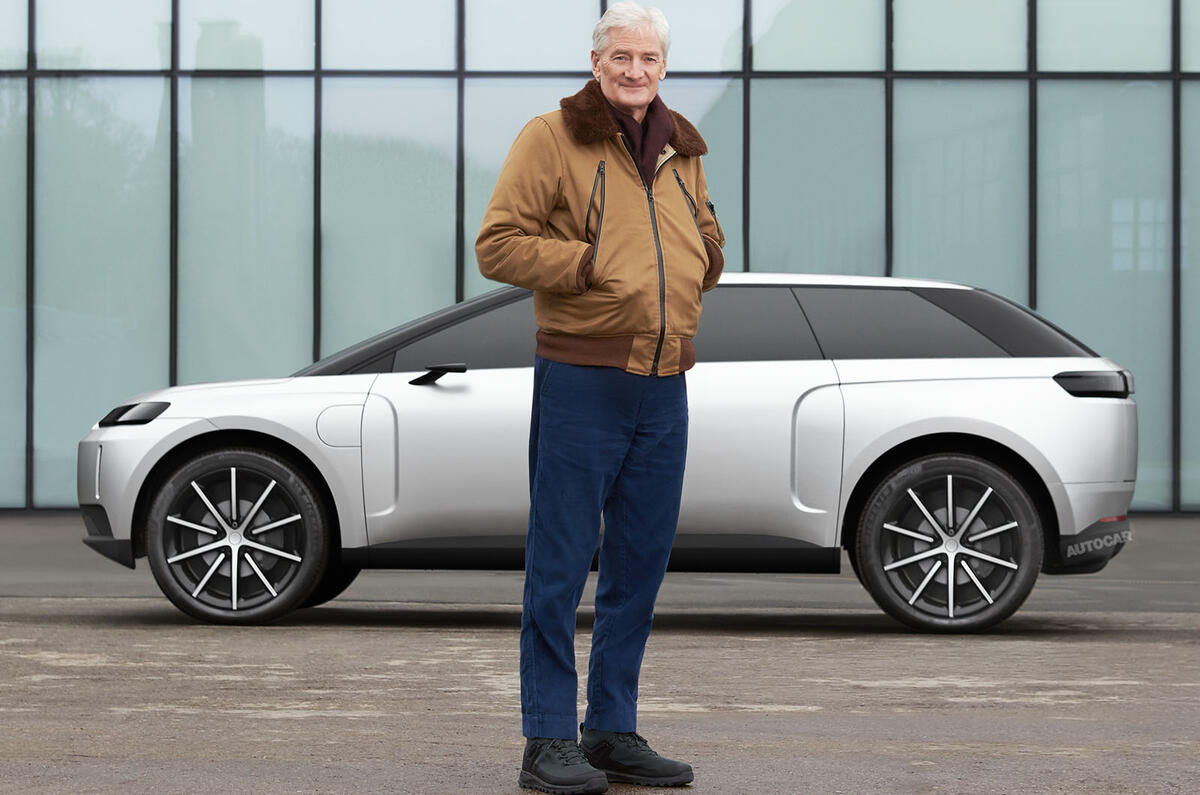
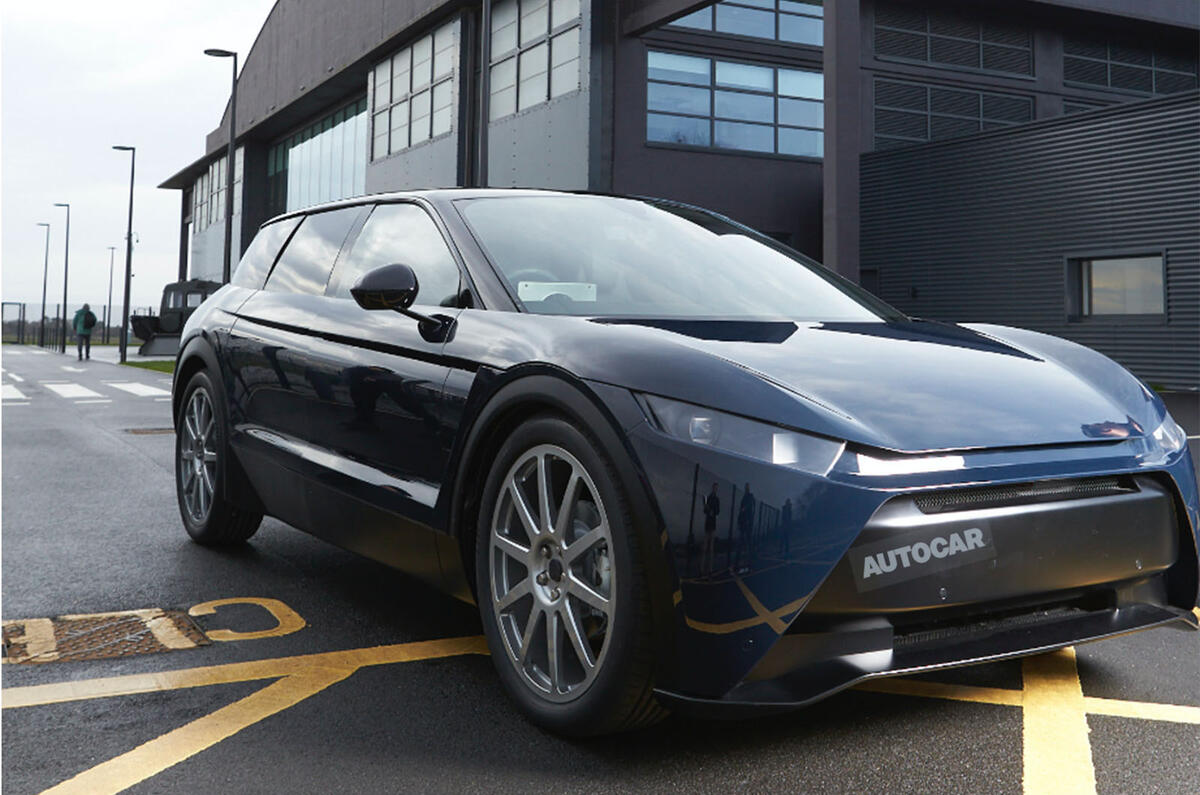
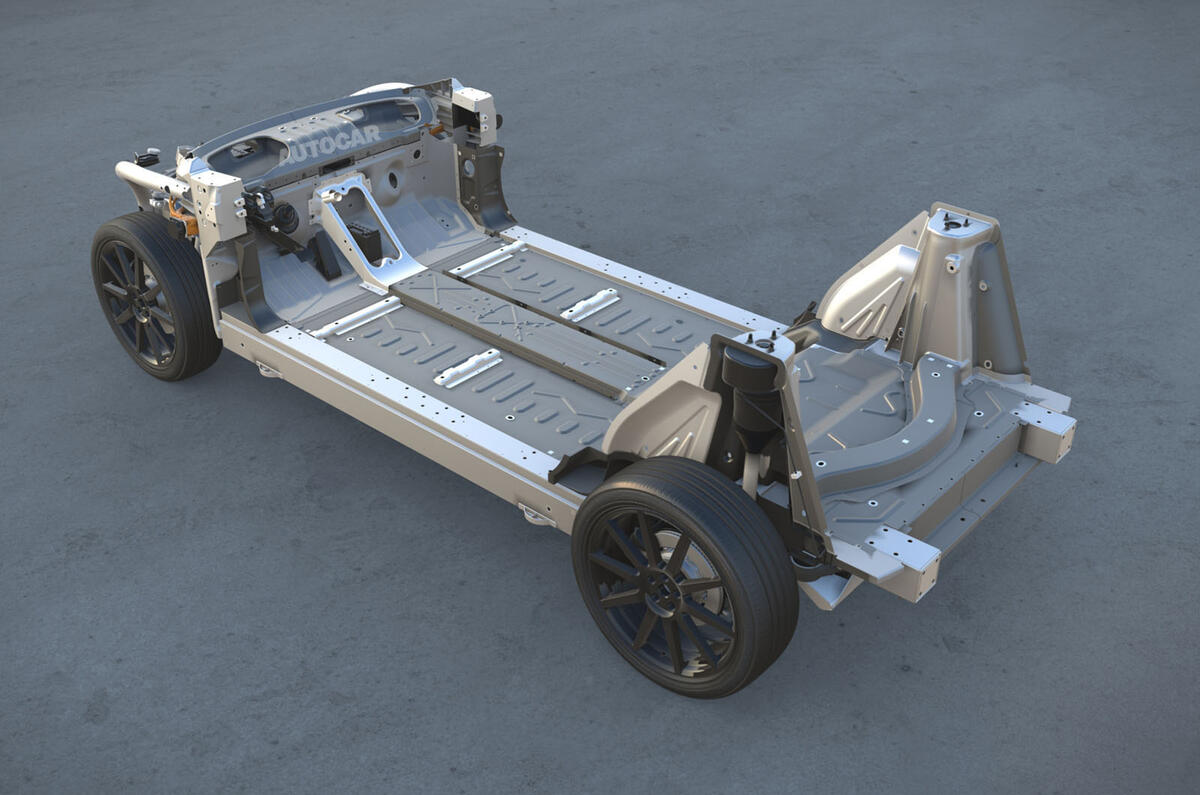
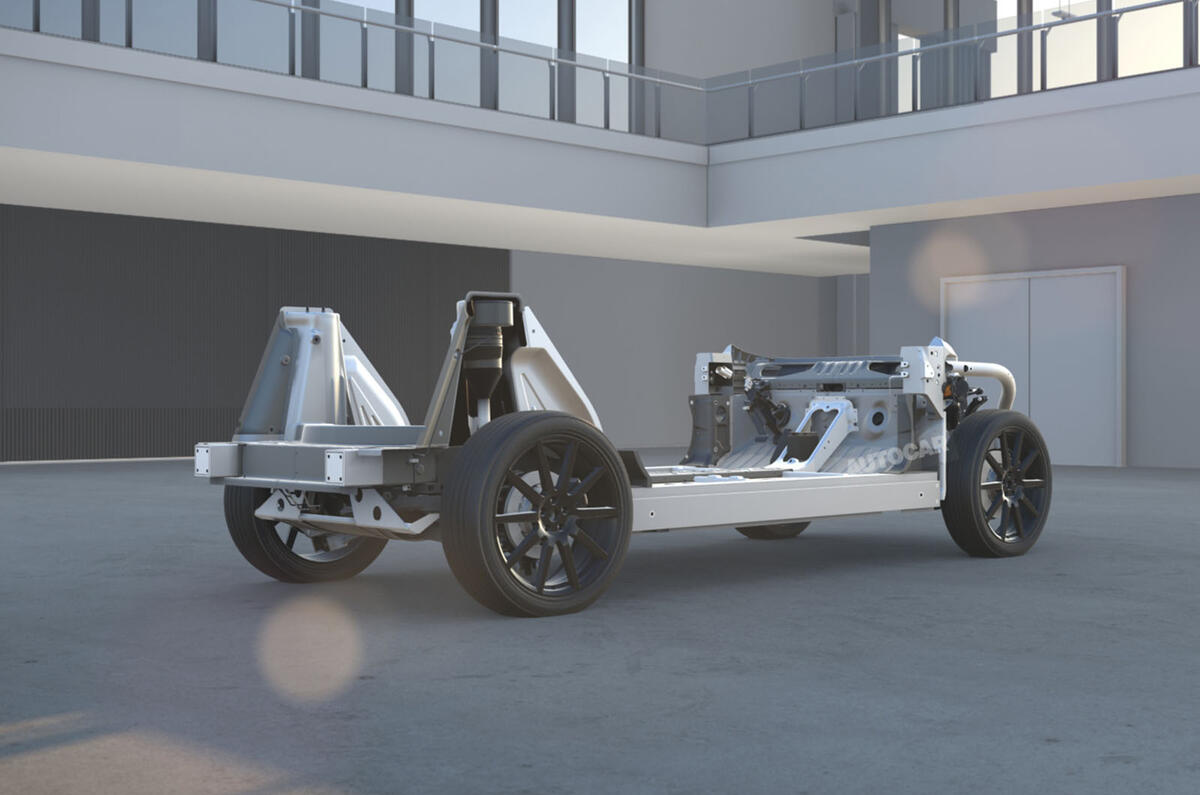
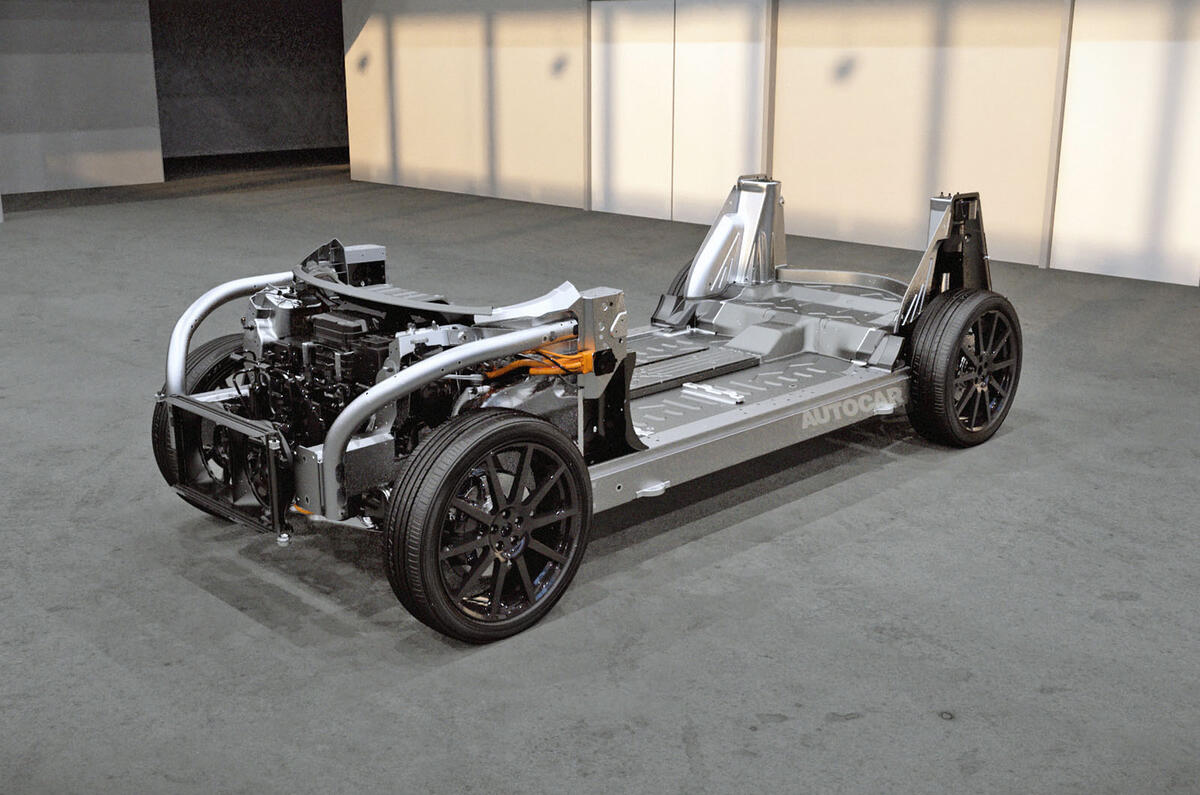
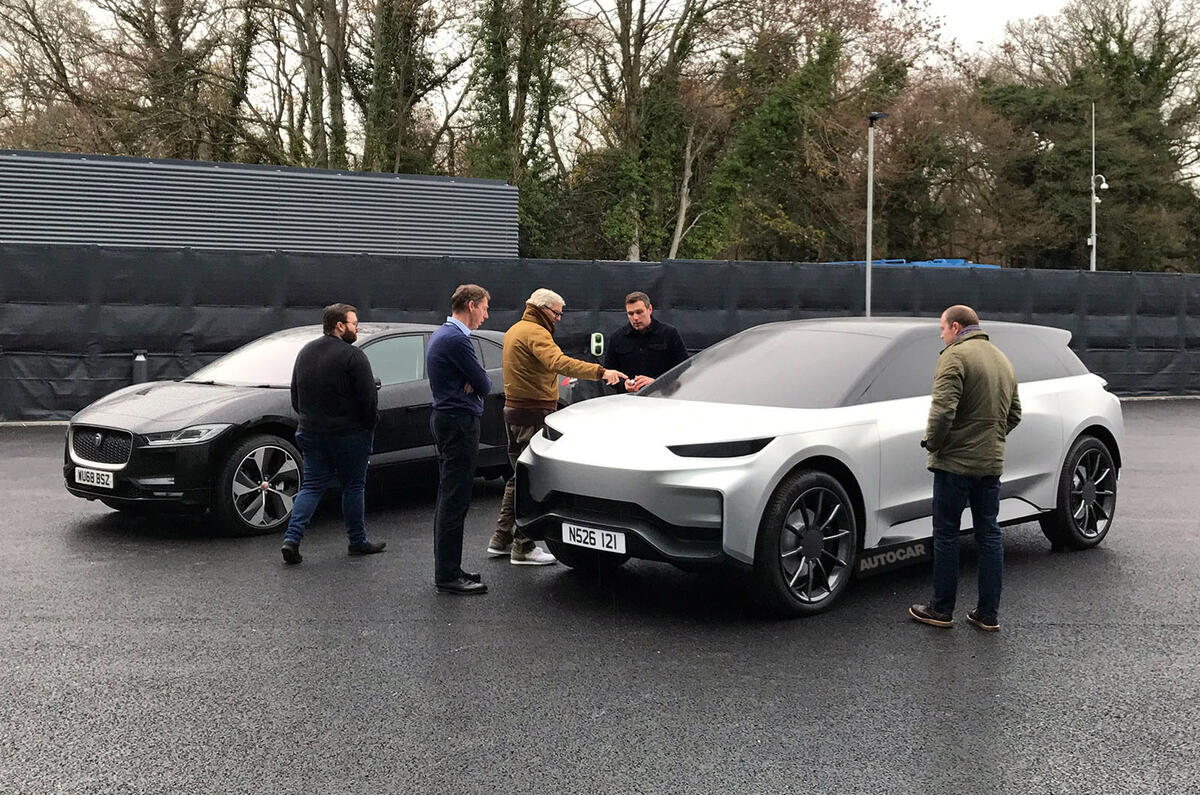
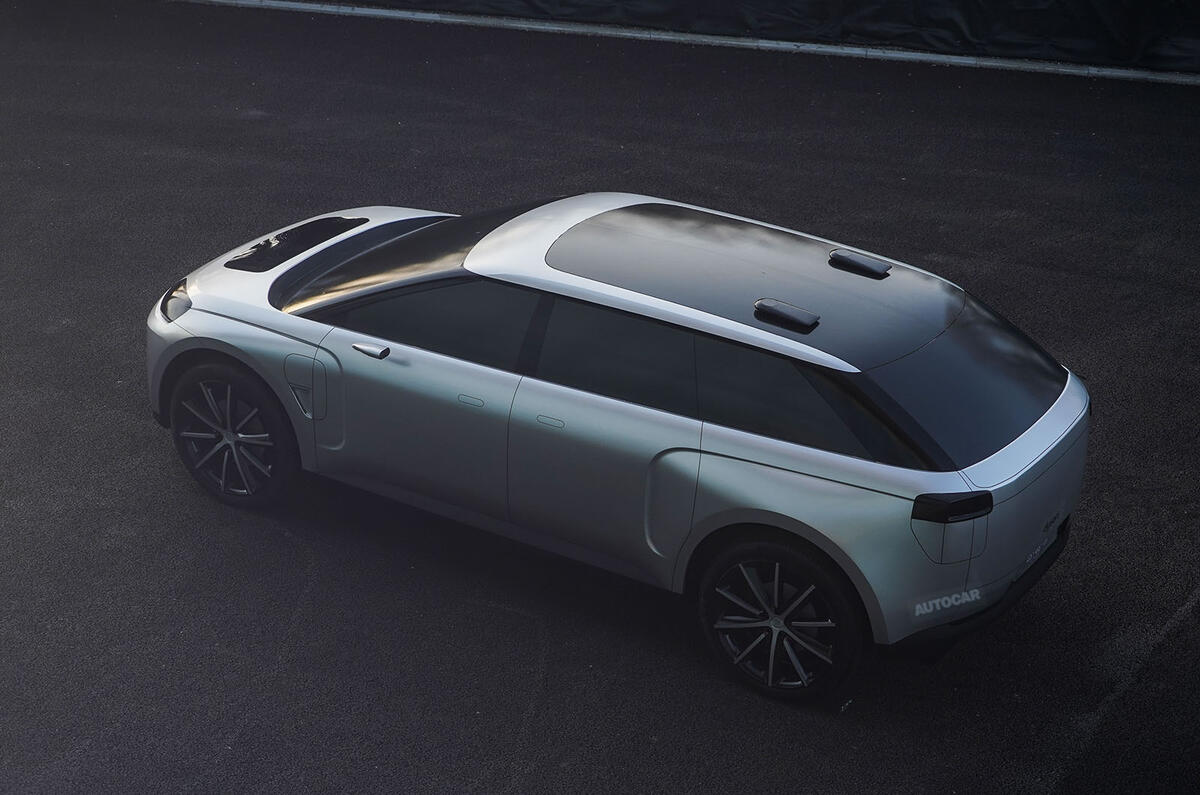
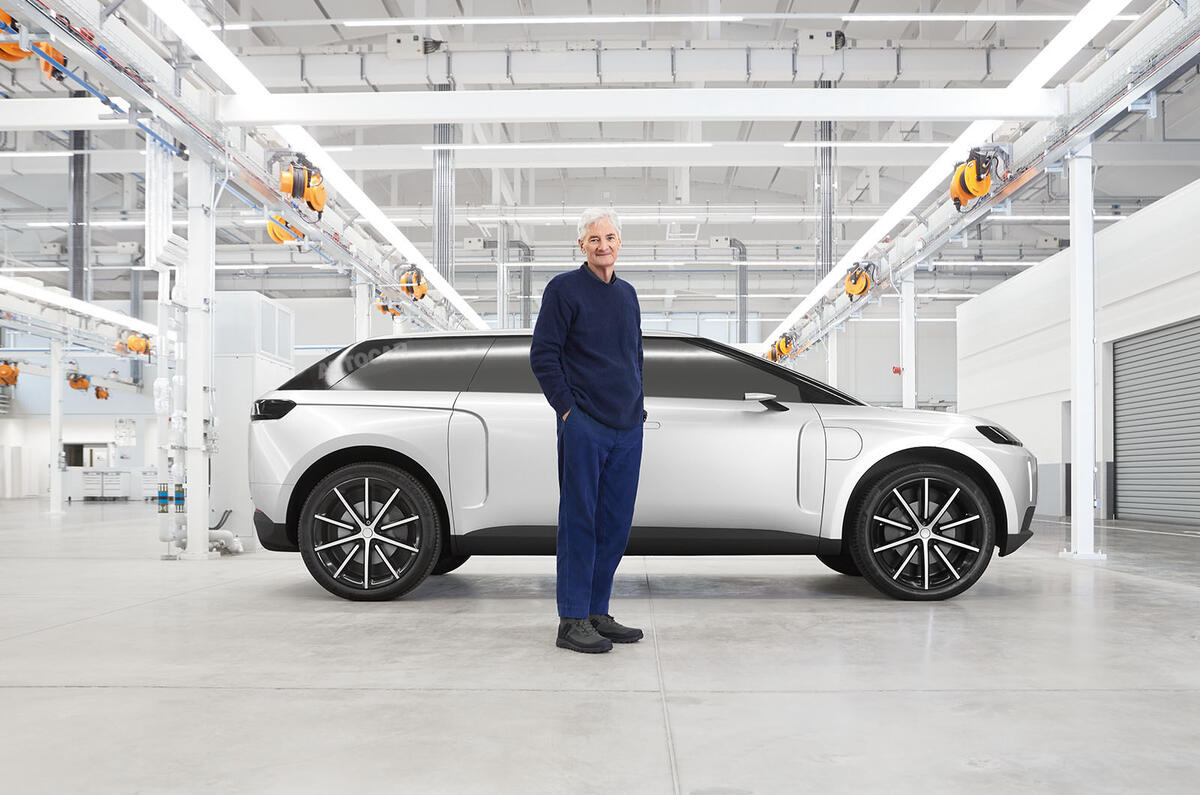
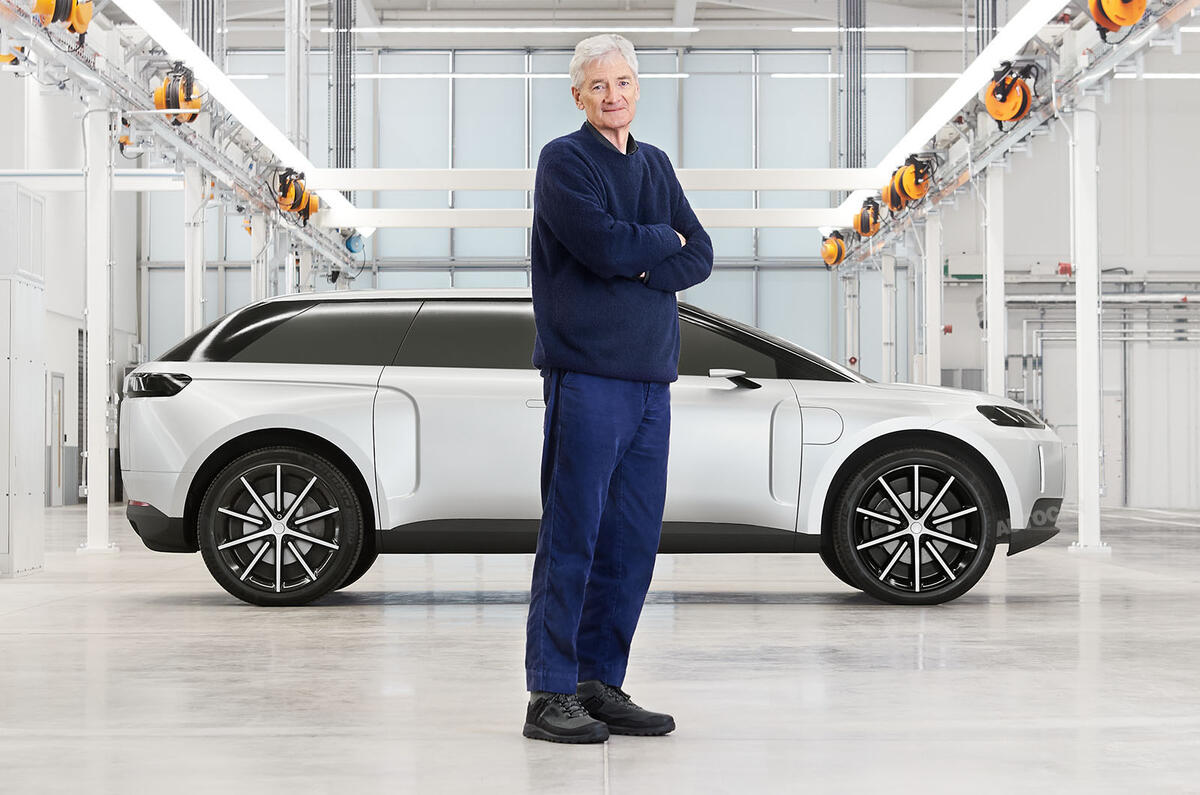
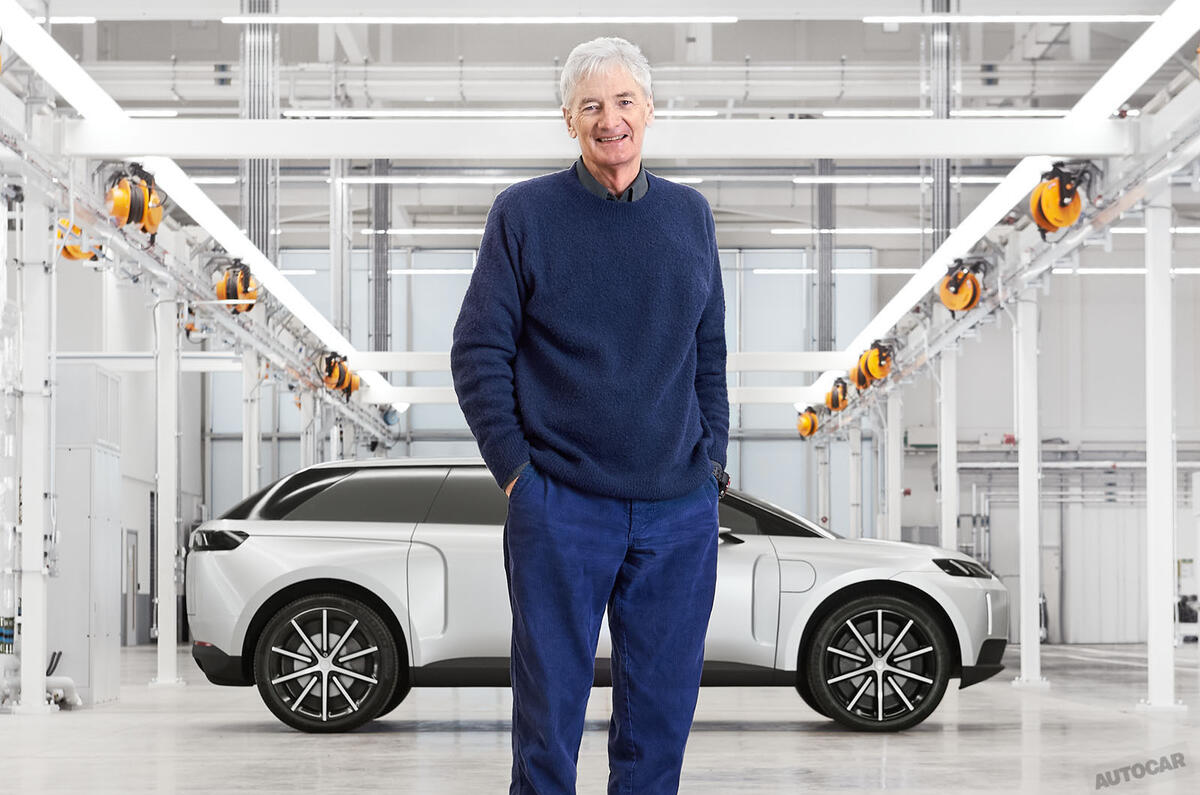
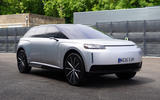
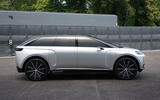
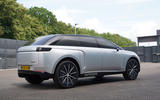
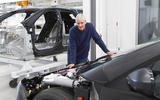
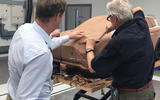
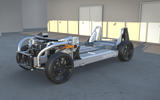

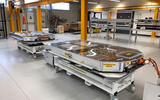
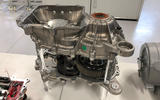
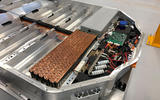
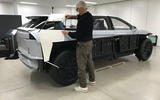

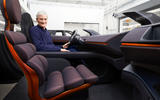


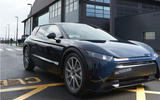
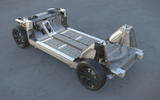

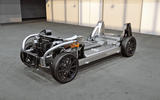
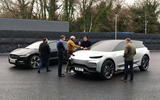
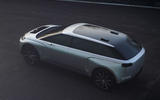
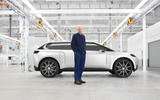
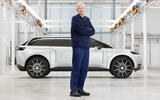
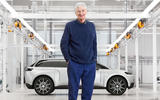

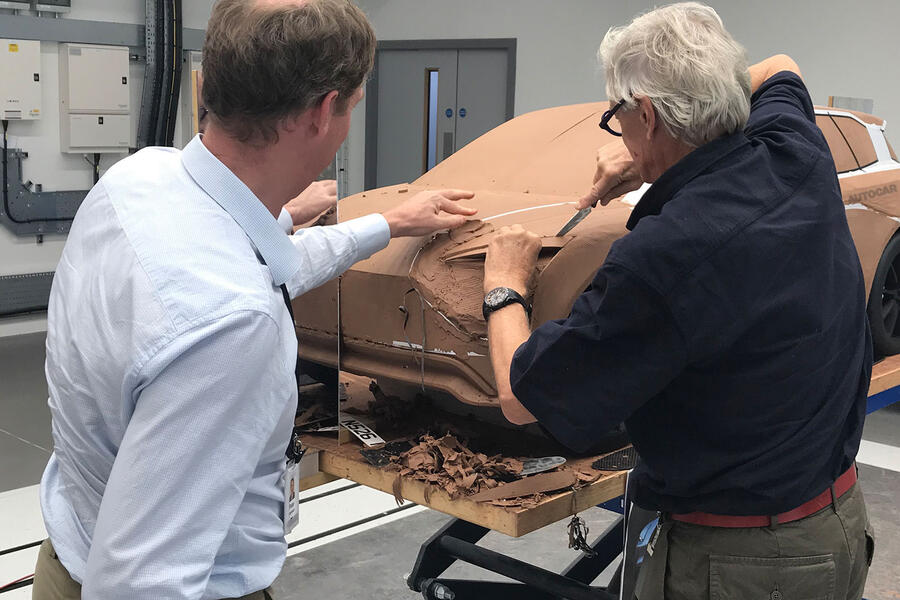
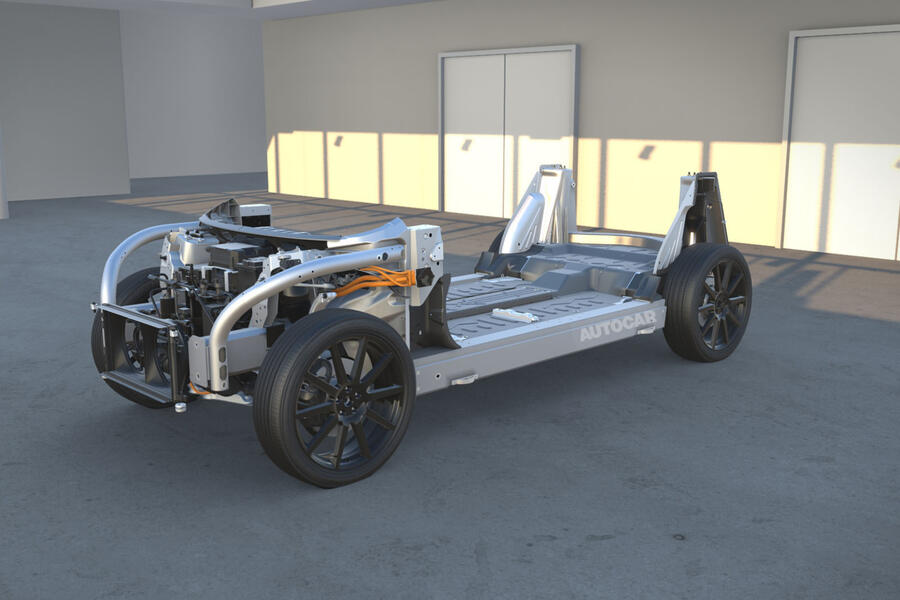
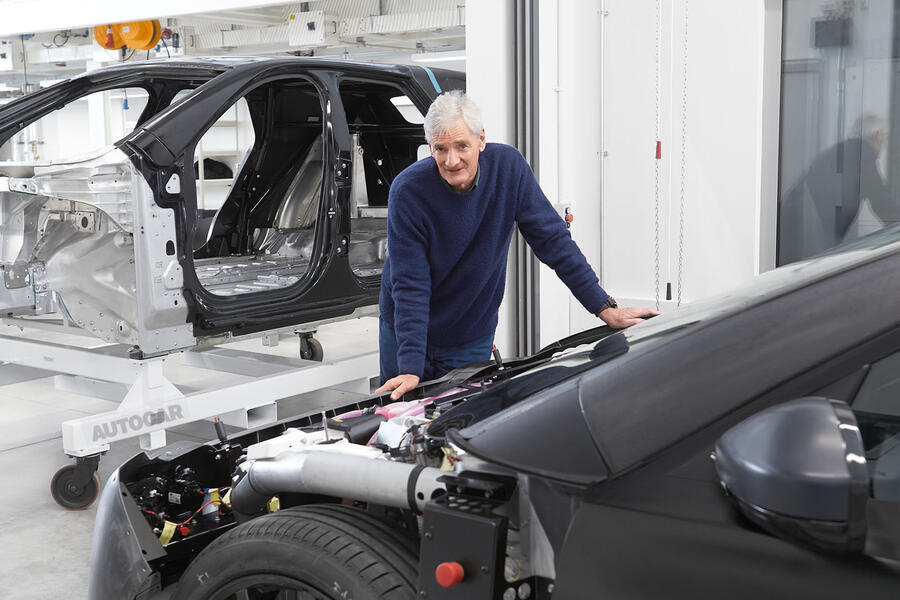
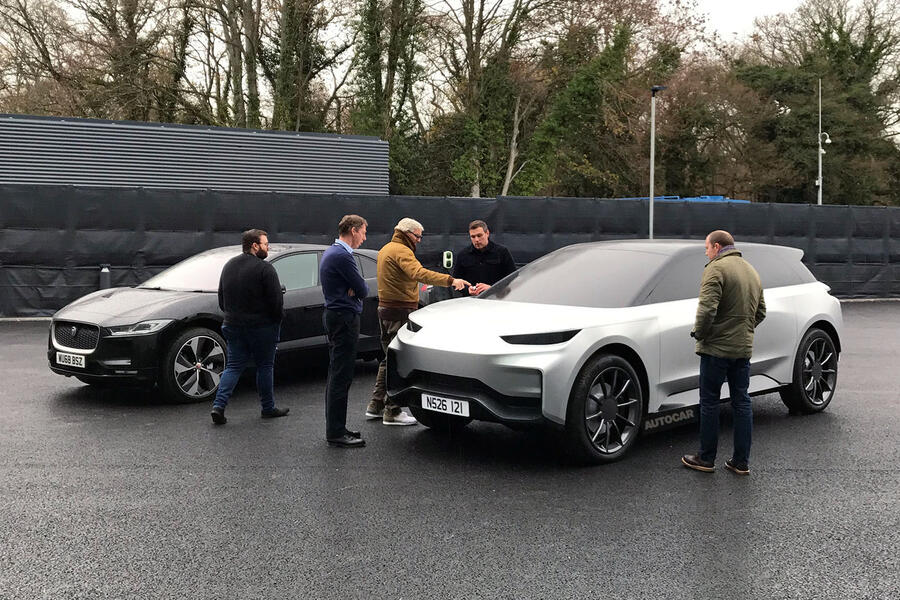
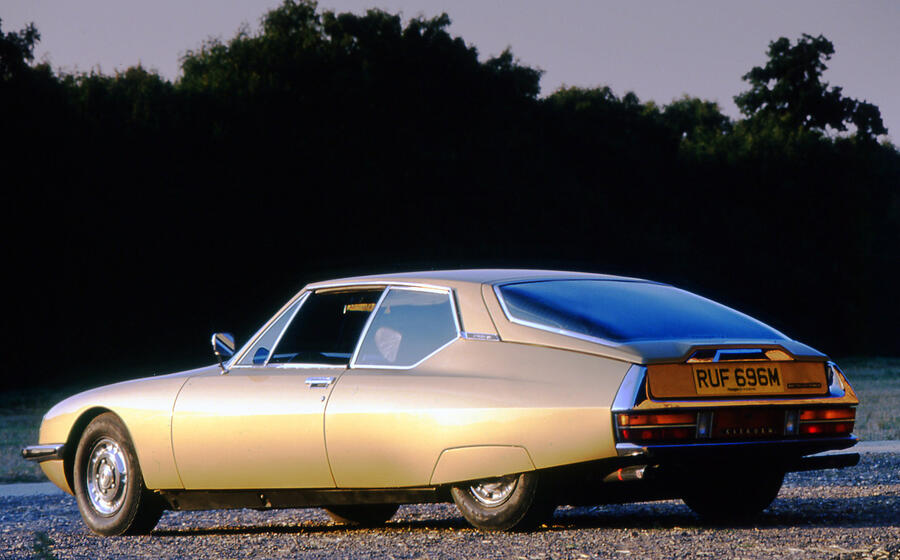





Join the debate
Add your comment
EV for the extremely rich
His business model is to make money from selling to the very rich or the ones who want to have an image of very rich
Unfortunatelly technology is advancing so fast and gets so affordable the competition at that level is already selling cheaper and better products (and no, you can not make good cars with no previous experience - employing top managers from top car brands does not equal with decades of engineering experience)
Dear Steve Cropley,
FT March 2016 -Dyson sucks up government funding for EV car
I'm surprised how little coverage is given to Dyson getting massive amounts of tax payer monies via the current govt to build this ev in the UK. Whitehall sources say over £150m made its way to Dyson for this project,and then he moved it and himself to tax haven Singapore. And he'd already ring fenced off his wealth, which is the Dyson corporation, into family trusts to avoid the taxman accessing it.
Also, the ridiculous notion that £2.5bn has been spent on this, or roughly a third of Dysons last 3yrs of revenue and all the reported profits since the Dyson was founded.
It's a shame the press in general haven't drilled down further into this tax payer funded folly.
Would Bentley be interested?
Rather than simply discard billions of pounds' worth of investment in what seemed to be a pretty solid EV platform, would it not be sensible to license the design to someone like Bentley who have already said they want to build a full EV within the next few years? The potential range would fit their profile, the projected cost wouldn't be an issue and it's about the size of their current range (with some re-tooling) so it seems like a pretty easy short cut if the numbers add up. Might also help secure some of the jobs which are under threat.